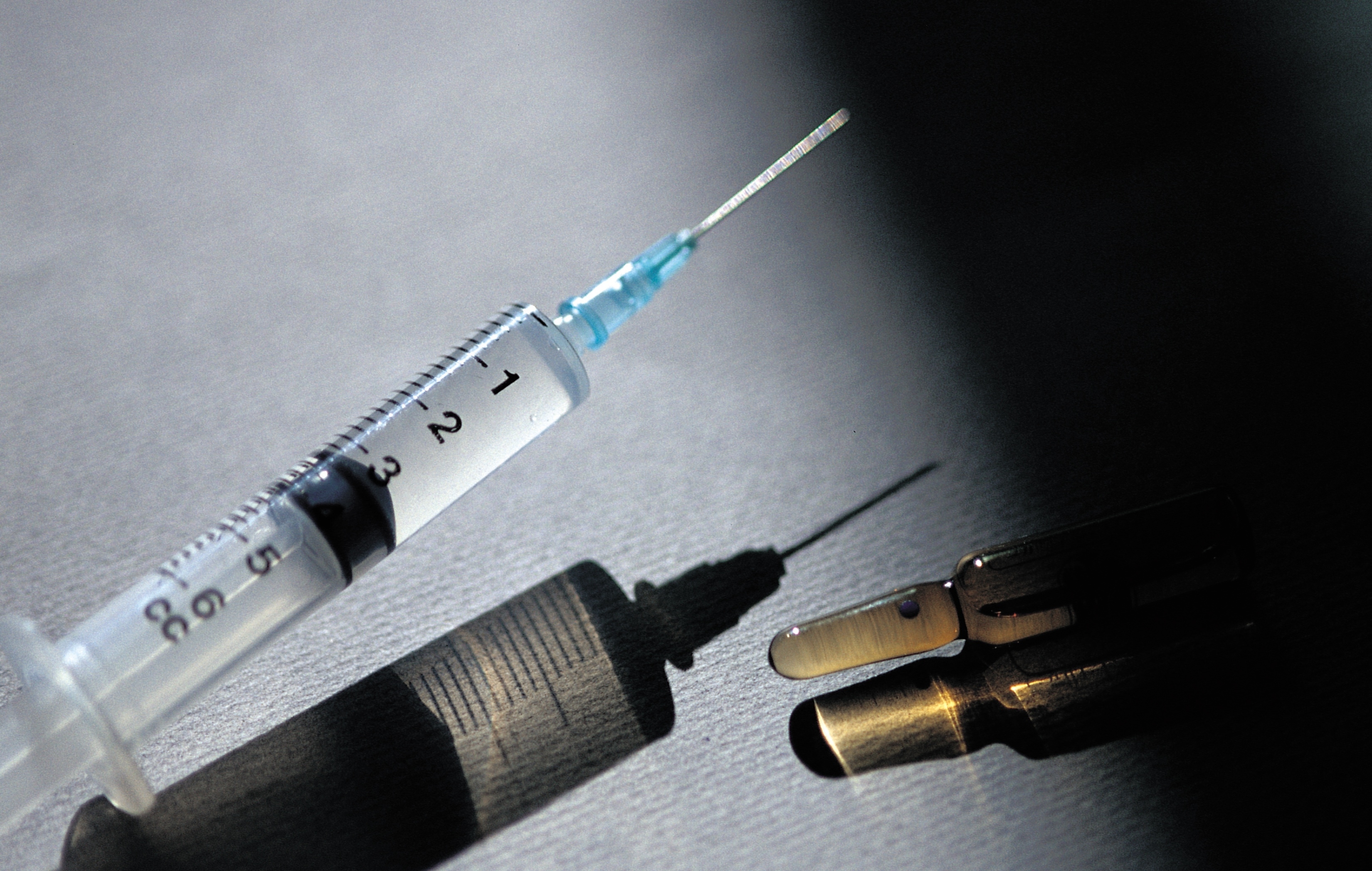Heroin users in Tayside are more likely to share their needles than in any other part of Scotland, according to new figures.
One in nine people who inject drugs in the region admit to swapping syringes, which carries serious risks of harm and death from blood-borne viruses like HIV.
A higher proportion (12%) say they are sharing drug paraphernalia, according to an NHS Scotland survey published yesterday.
Stephen Dalton, lead officer for the Alcohol and Drug Partnership in Dundee, said: “We work very hard to reduce the sharing of needles.
“One of the ways we do this is to make sure that needle exchanges are widely available and people are aware of where they are.
“The main thing we want to do is get people involved in services as quickly as possible because once there we can explain the dangers to them.”
He added there is a misconception that sharing paraphernalia, as opposed to needles, will not put users in danger.
Drug paraphernalia includes lemon juice, water and vinegar, which are often used as part of a heroin dose, as well as foil and tourniquets.
Tayside topped the table for the proportion of those who inject sharing paraphernalia at 12%, compared with 0% in the Western Isles and 5% in both Fife and Greater Glasgow and Clyde.
Mr Dalton said they are trying to get people to stop injecting because of the much higher risks of overdose and contracting life-threatening viruses it poses than other forms of taking drugs.
Dr Drew Walker, director of public health at NHS Tayside, said: “While it is disappointing that Tayside has the highest ratio of users who self-report sharing needles and paraphernalia, such sharing has been declining over recent years nationally and is likely to have declined locally as well.
“There are a range of actions being taken by NHS Tayside and partners to reduce needle sharing, including awareness raising amongst users of the hazards, which include the spread of Blood Borne Viruses and bacterial infections.”
Dr Walker said uptake of clean equipment, which is issued to staff who warn of sharing needles and paraphernalia, is increasing year-on-year.
He added: “In addition users have access to services which offer support in behaviour change, for example through specialist harm reduction centres.”










